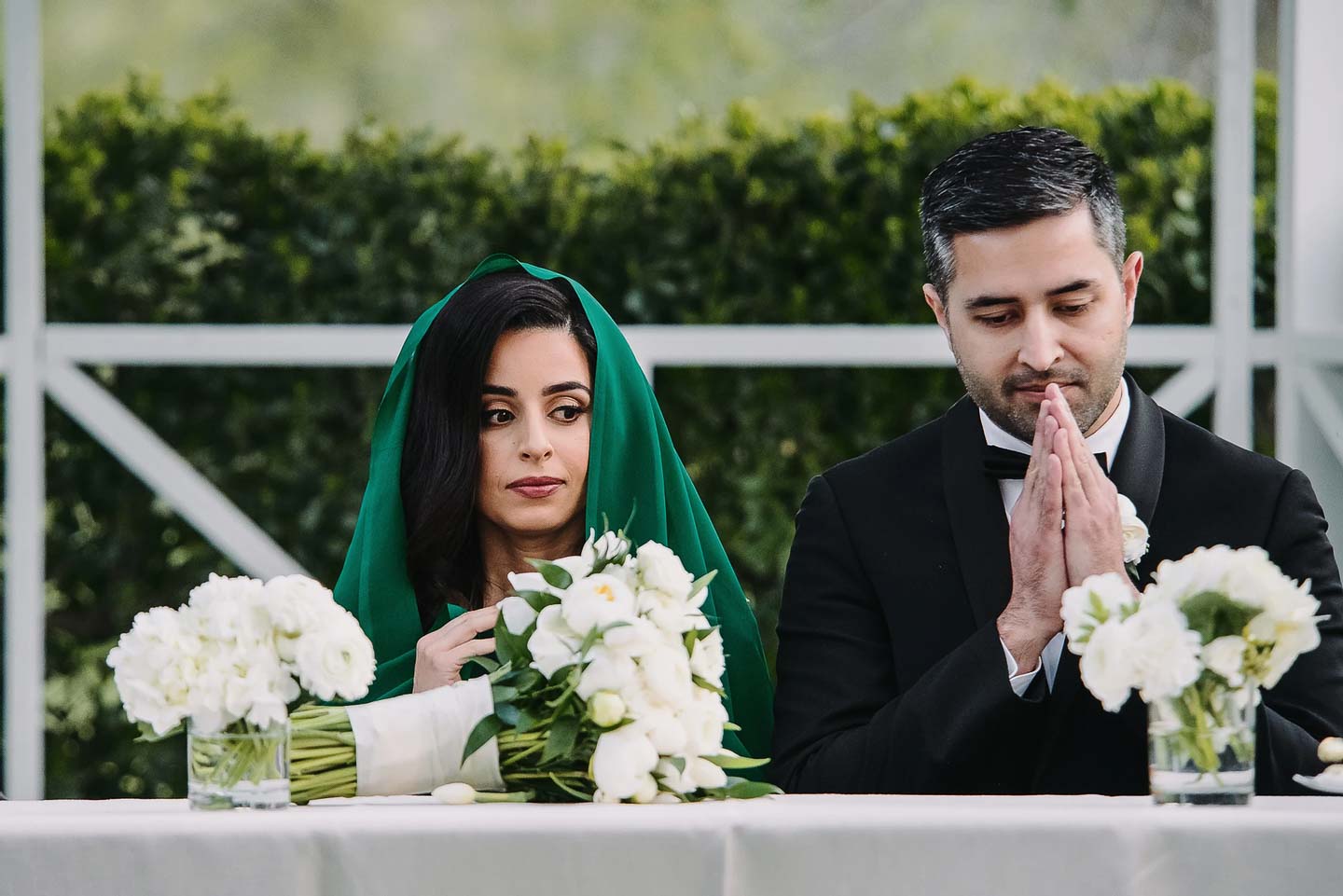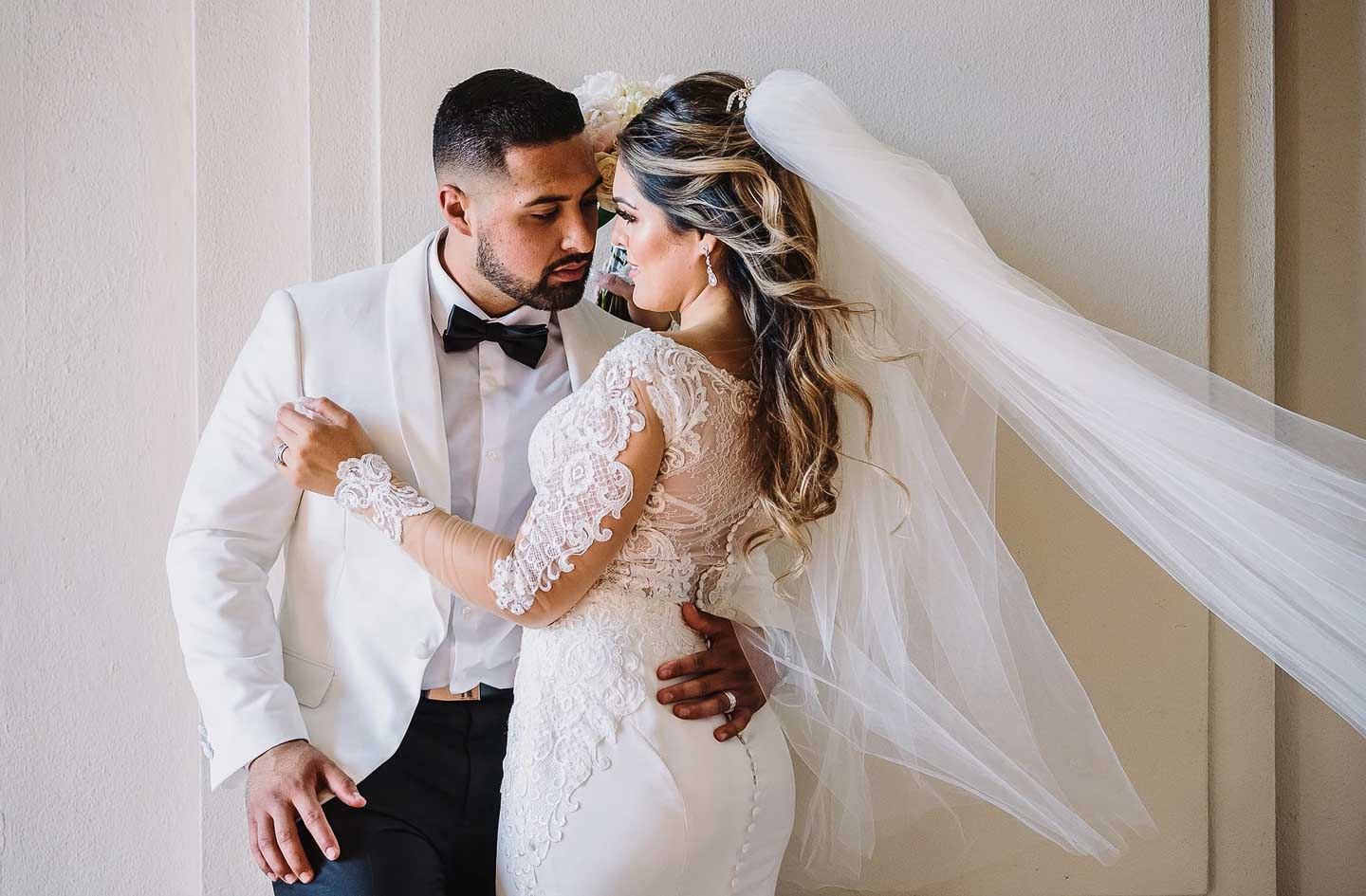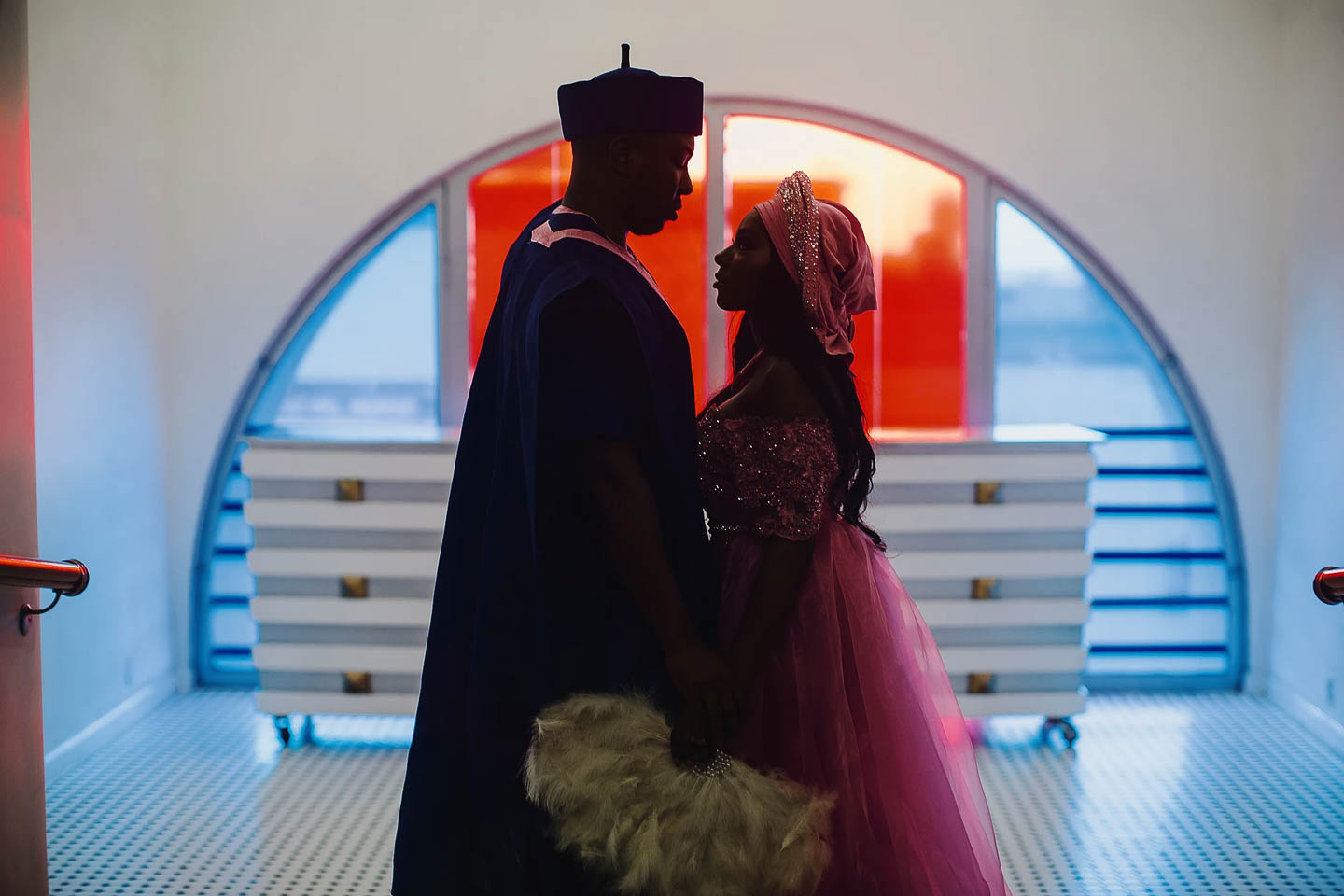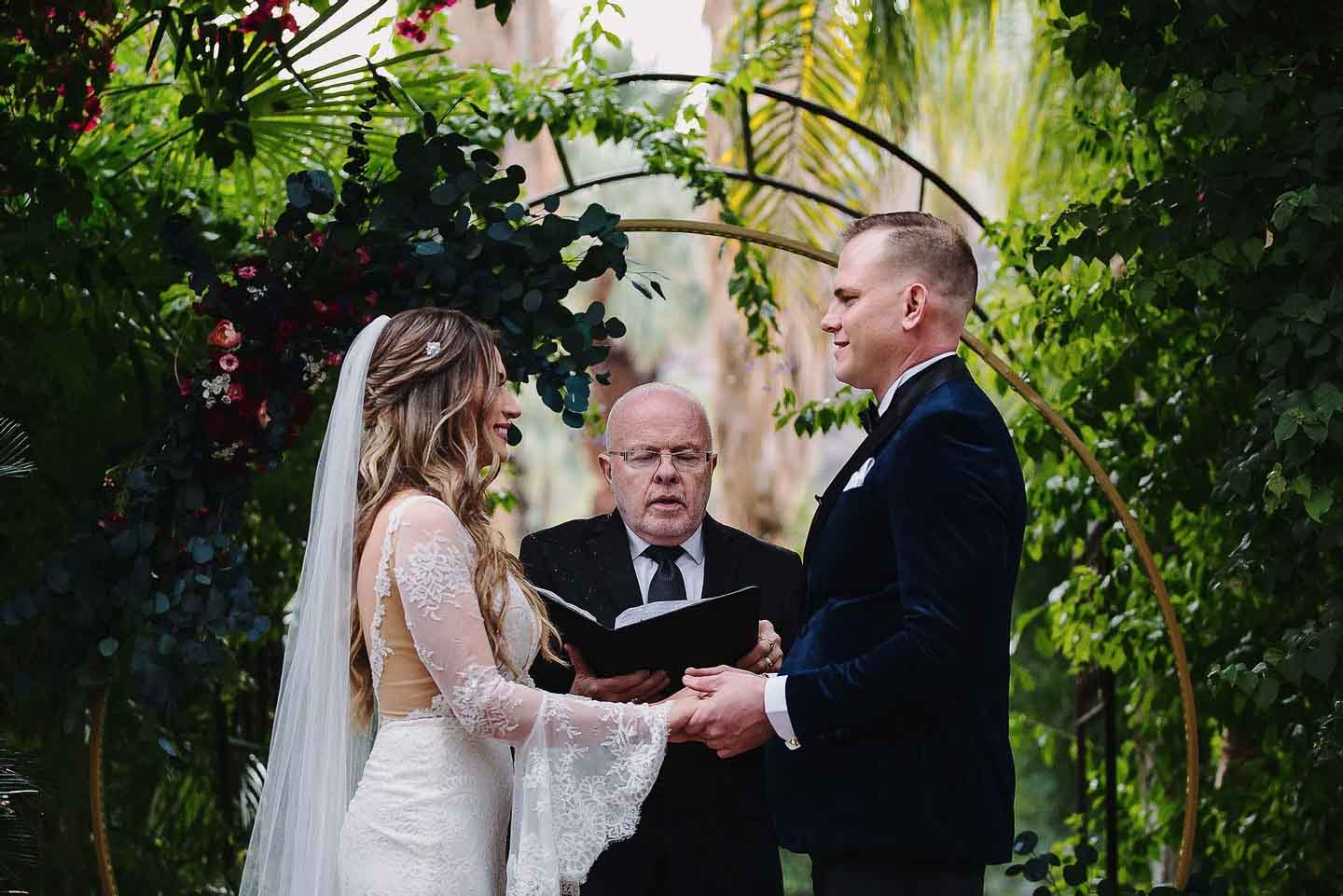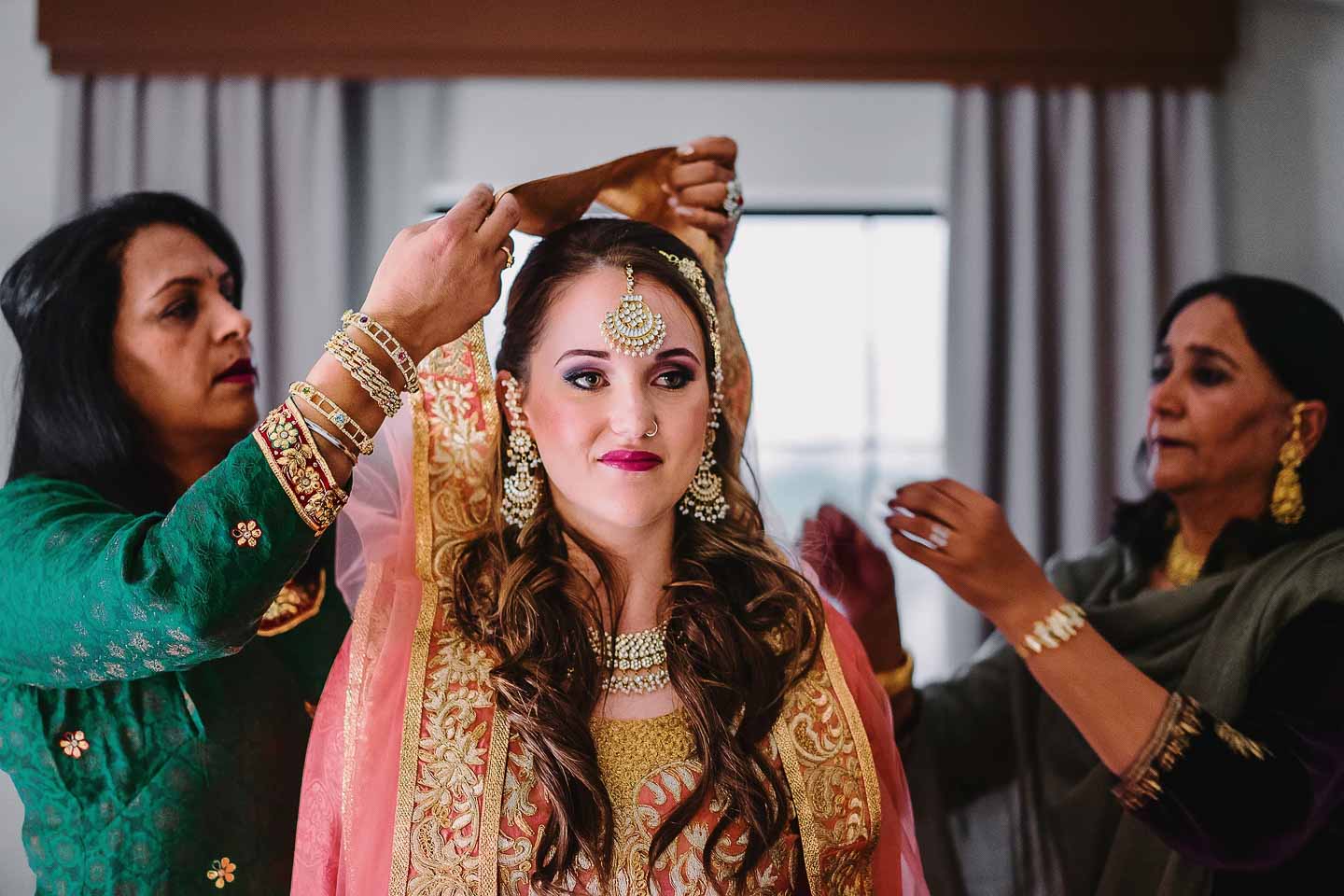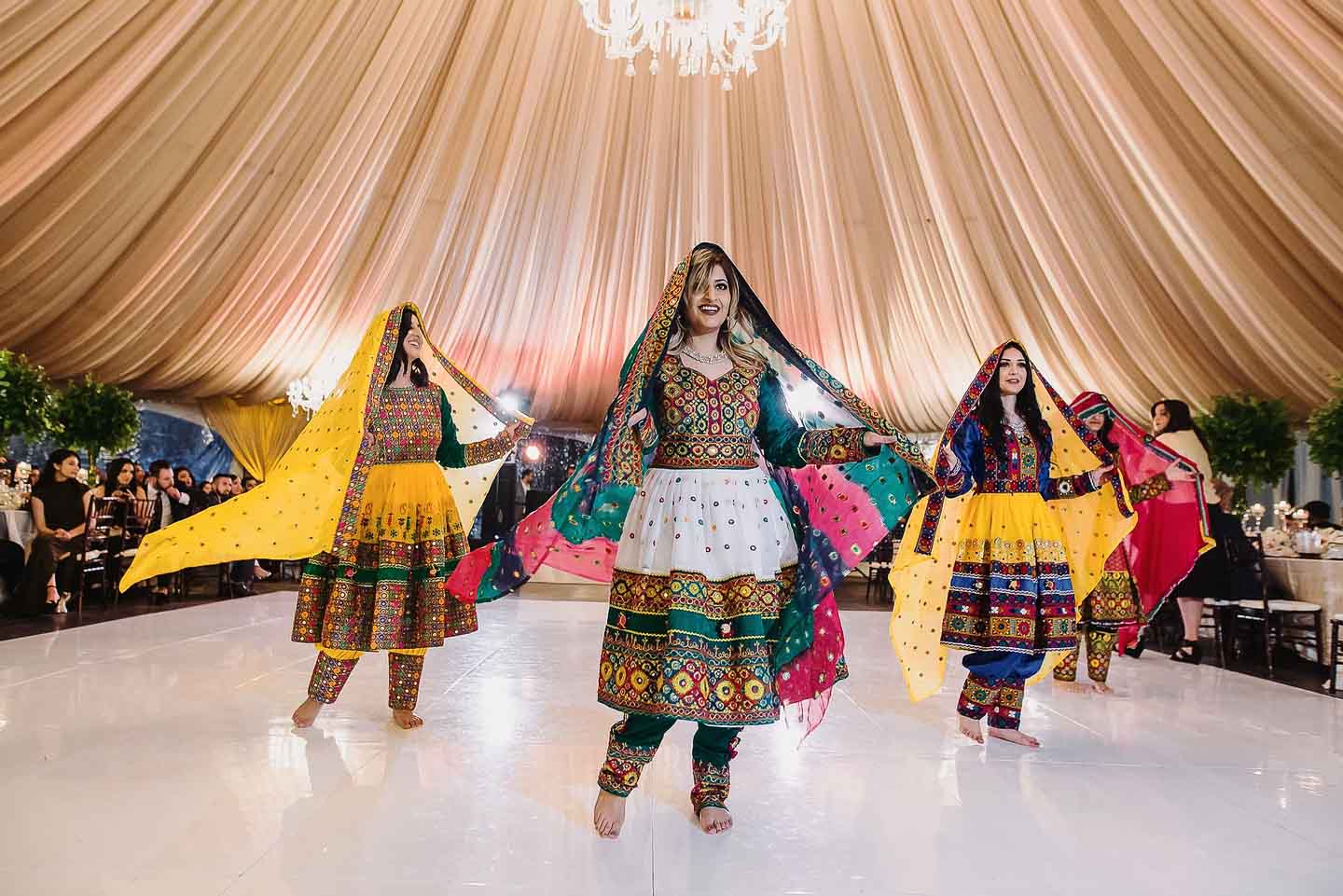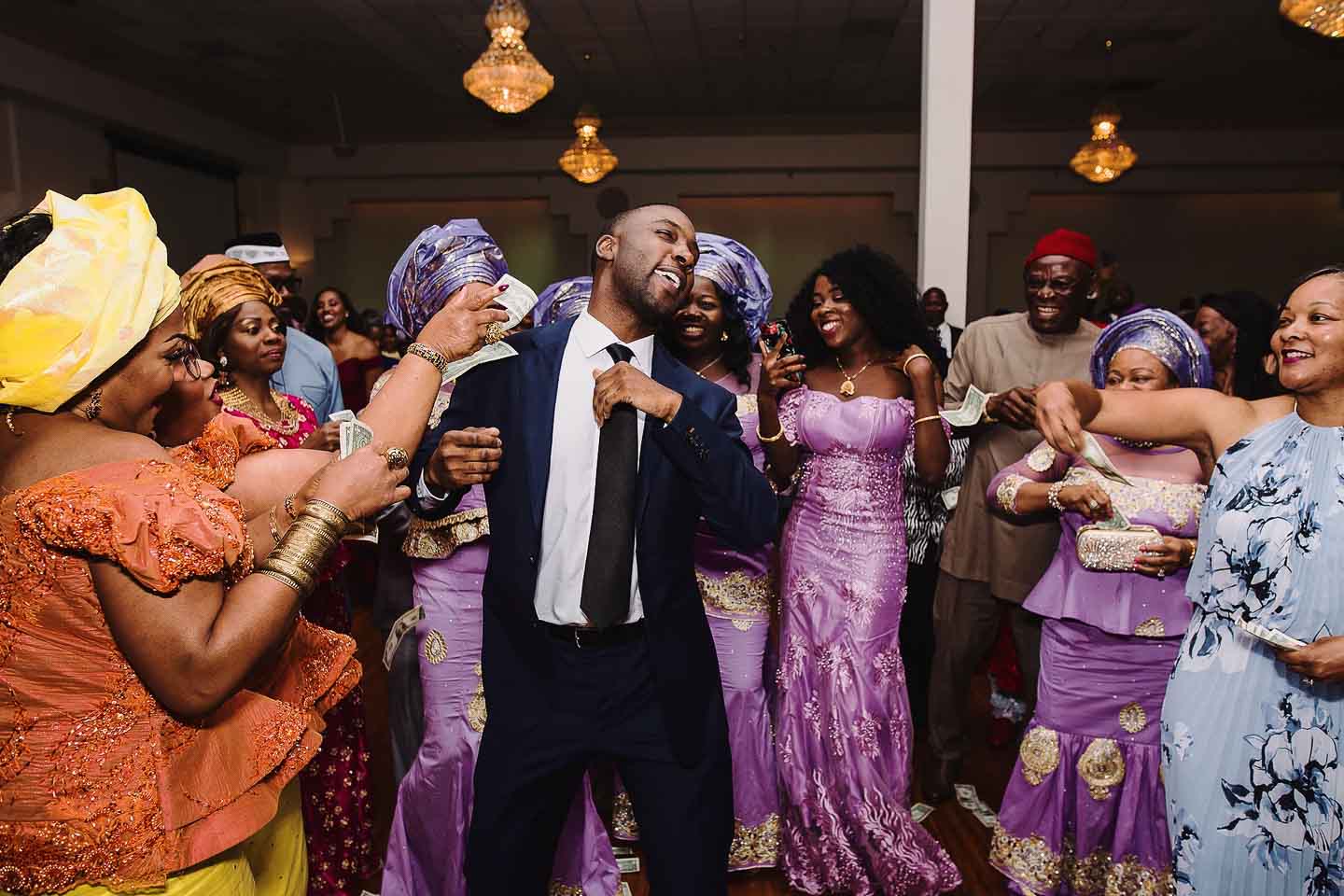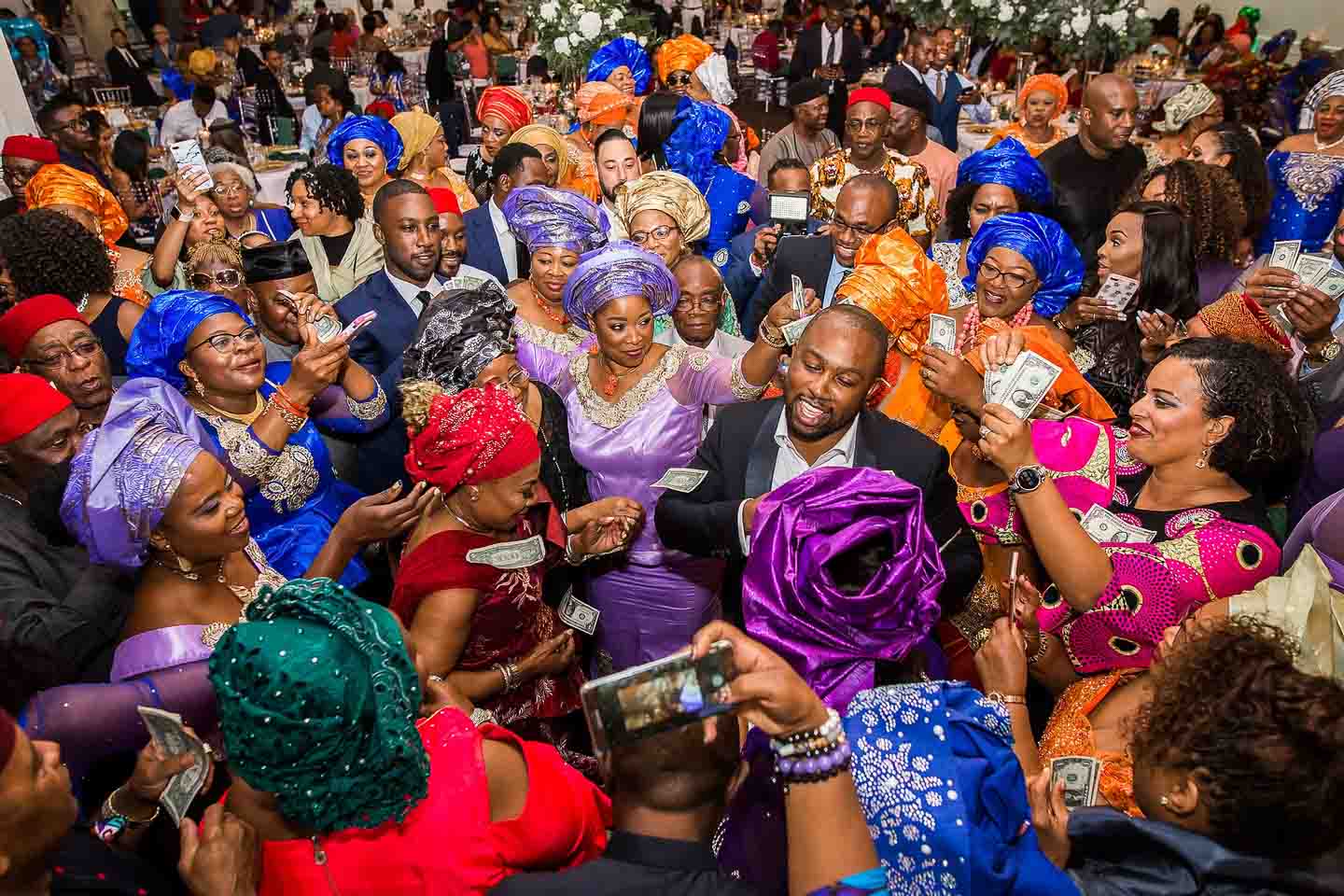If you’re opting for a religious ceremony, you’ll notice that you have to do almost little to no planning when it comes to the order of things. However, as religions differ in practice and belief, so do their respective marriage ceremonials.
Though we’ve seen a good number of beautiful religious ceremonies, it’s probably best to consult a religious official when thinking about the schematics of your ceremony. But like all weddings, your religious style wedding can present opportunities to be more personal and expressive.
In most weddings, you, your loved one and your religious official will consult religious texts during the ceremony. Whether you’re scrolling through the Quran, the Bible or the Torah, you’re bound to find texts that relate to your big day. If those texts, whether they be about love, the sanctity of marriage or the importance of tradition, strike a chord with you, you can speak to your religious official about integrating that into your ceremony.
